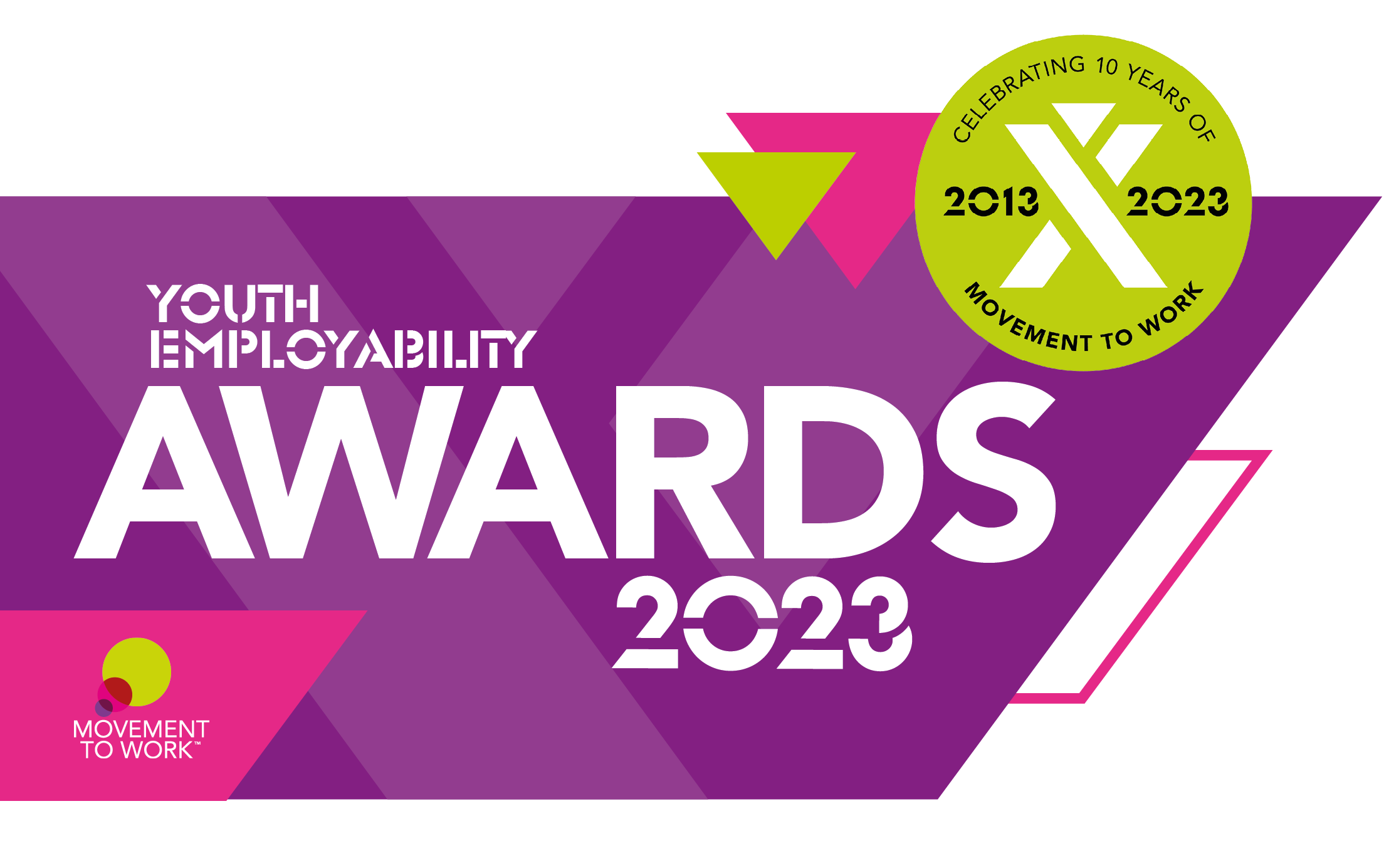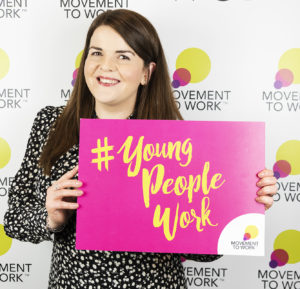The report explores the experiences of young disabled people who are using, or have used, apprenticeship schemes into employment. It shares what works well:
If you want to attract, support, and keep Disabled apprentices, here’s some of the things you can do.
Training providers
- Develop and change your curriculum to make it easier for Disabled apprentices to get the training they need
- Create networking opportunities for apprentices so they gain insight into other jobs and different departments
- Allocate a ‘go to’ person for the entire apprenticeship journey so individuals know who to approach for support and have someone they can confide in
- Ensure staff understand the principles and requirements of reasonable adjustments under the Equality Act (2010)
- Ensure training schedules are clear and whether learning and training sessions are online or face to face
- Familiarise yourselves with the additional learning support funding available for apprentices with learning
difficulties or disabilities.
Employers
- Have a mentor or dedicated support person for apprentices, particularly at the start of an apprenticeship
- Offer flexible work arrangements tailored to individual needs, including part-time apprenticeships
- Be prepared to support Disabled apprentices with applications to the Access to Work scheme
- Have a streamlined process to put reasonable adjustments in place quickly, so Disabled apprentices can focus on getting on with the job
- Promote a culture where apprentices feel safe to talk about their disability and support needs, including conversations about mental health
- Make yourselves available for work experience placements to give Disabled young people an insight into
the workplace
Read more here.










 We are absolutely delighted to announce the following nominees for the upcoming MtW Youth Employability Awards on 17th April! The level of nominations this year was exceptional and so my fellow judges and I really had our work cut out!
We are absolutely delighted to announce the following nominees for the upcoming MtW Youth Employability Awards on 17th April! The level of nominations this year was exceptional and so my fellow judges and I really had our work cut out!
